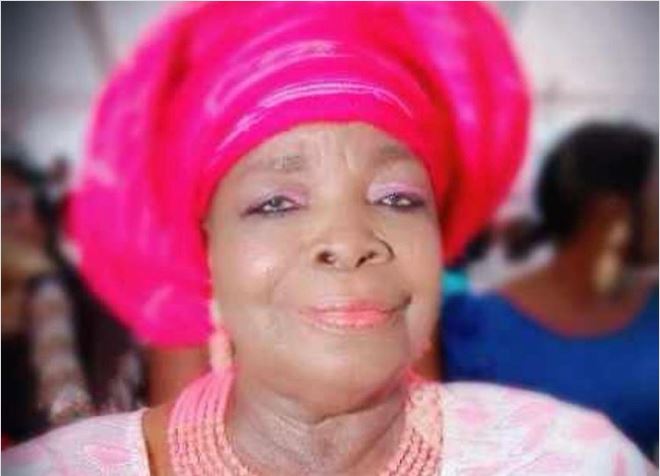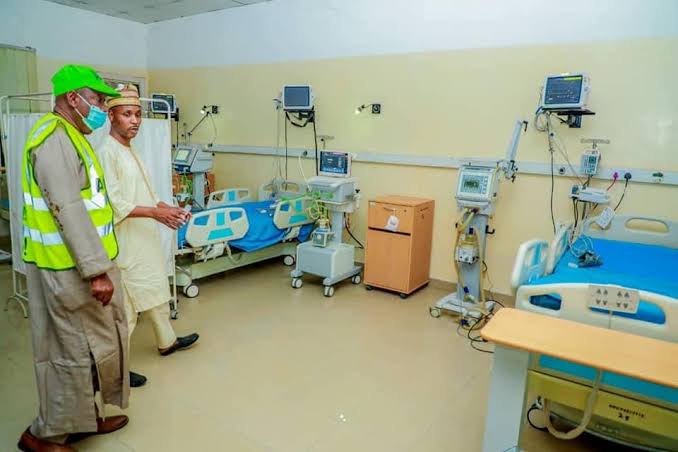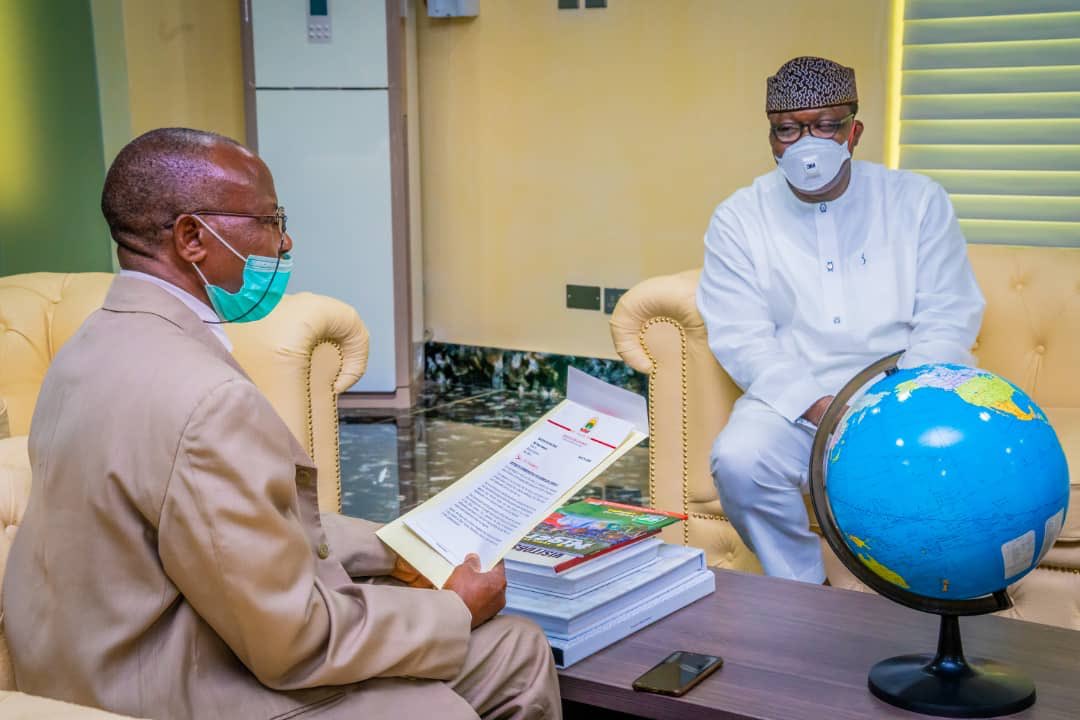Zainab Ahmed, the minister of finance, says the $3.4 billion credit facility approved for Nigeria by the International Monetary Fund (IMF) is a loan.
This is contrary to remarks earlier made by the minister on April 6, 2020 that Nigeria will not take a loan from the Bretton Wood institution.
Ahmed told Channels TV on Wednesday that the facility will be paid back over a period of five years with three and a quarter years moratorium.
“This loan is to be paid over a period of five years but before the repayment starts, we have a moratorium of three and a quarter years so altogether, we are looking at eight and a quarter years. It is a facility with an interest cost of one per cent,” she said.
Advertisement
The minister added that the funds would be used to fund health and social development spending and bridge the revenue shortfall caused by the drop in crude oil prices.
Addressing journalists on April 6 when she unveiled the federal government’s fiscal response to the COVID-19 pandemic, Ahmed had said: “We have also applied for funding from the International Monetary Fund’s COVID-19 Rapid Credit Facility to draw from our existing holdings with the World Bank Group/International Monetary Fund.”
Adding that it would not be tied to any conditionalities, the minister had said: “it is important to clarify that Nigeria does not intend to negotiate or enter into a formal programme with the International Monetary Fund, at this time, or in the foreseeable future.”
Advertisement
She made similar remarks in an April 7 interview with Arise TV.
“Nigeria has already made a request to access $3.4 billion which is our contribution to IMF which is what the IMF is now offering to member countries as funds that we can access. That’s our contribution to the IMF, that’s like our shareholding. We have made a request to the IMF, there are no conditionalities attached to it,” she said.
“It’s not an IMF programme we are entering into. We are taking that as a right just like any country that is attached to the IMF. Up to 80 countries have applied to access their own funds because it is our resources but we need it here now and the IMF is making it available.
“This is not an IMF programme. This is Nigeria accessing the resources that it has with the IMF as part of its shareholding. The IMF has made those resources available to any member country that wants to access it. It is not an IMF programme so there are no particular conditions that are normally attached to IMF programmes.”
Advertisement
However, the loan Nigeria received was disbursed under the IMF’s rapid financing instrument.
Oluwatosin Olaseinde, a chartered accountant and founder of Money Africa, said Nigeria would incur $178 million to service the loan during the repayment period.
4.) The repayment of capital and interest annually on average will be a minimum of $735 Million
Advertisement5.) The funds are part of the IMF’s Rapid Financing Instrument. It comes with terms and condition to solve its balance of payments difficulties
— Olúwatósìn Olaseinde (@tosinolaseinde) April 30, 2020
Advertisement
Expatiate on point 5
IMF’s Rapid Financing Instrument.Advertisement“A member country requesting RFI assistance is required to cooperate with the IMF to make efforts to solve its balance of payments difficulties and to describe the general economic policies that it proposes to follow.”
— Olúwatósìn Olaseinde (@tosinolaseinde) April 30, 2020
Advertisement
Nigeria has also requested $3.5 billion in funding from the World Bank and the African Development Bank.
Add a comment







